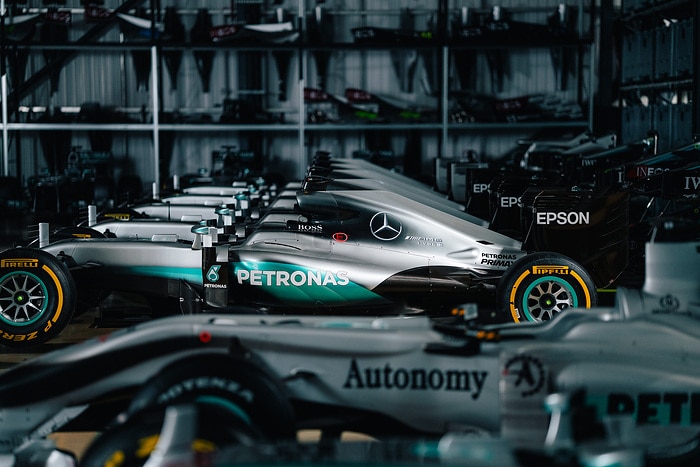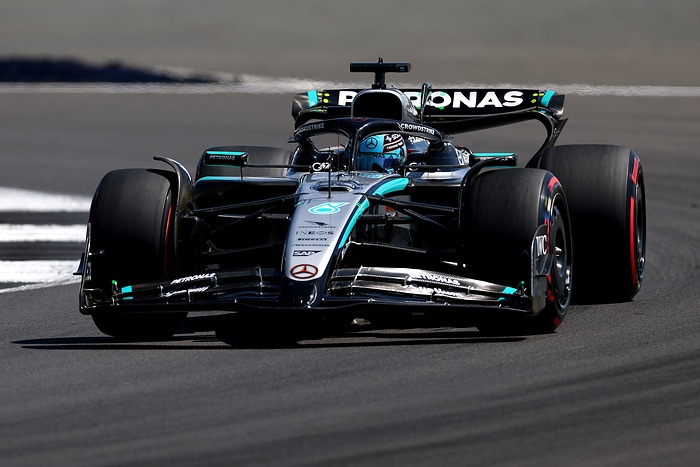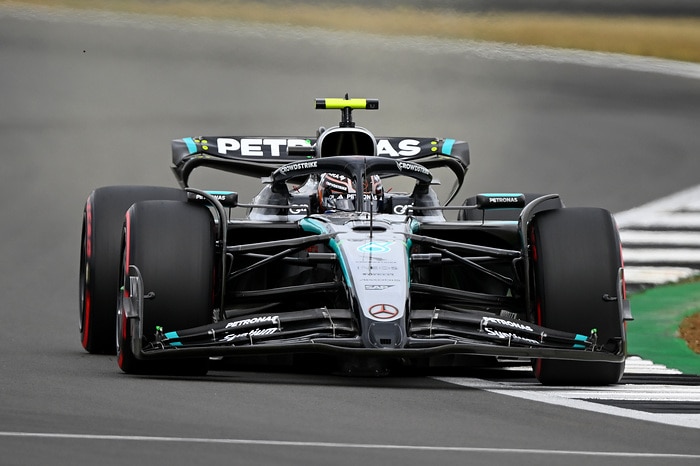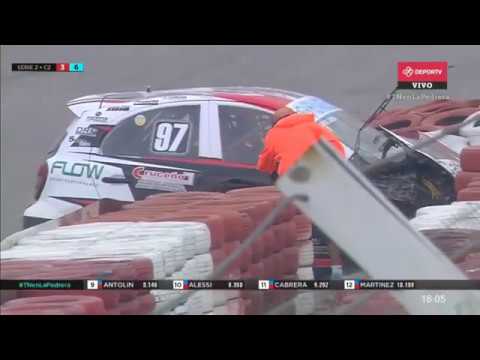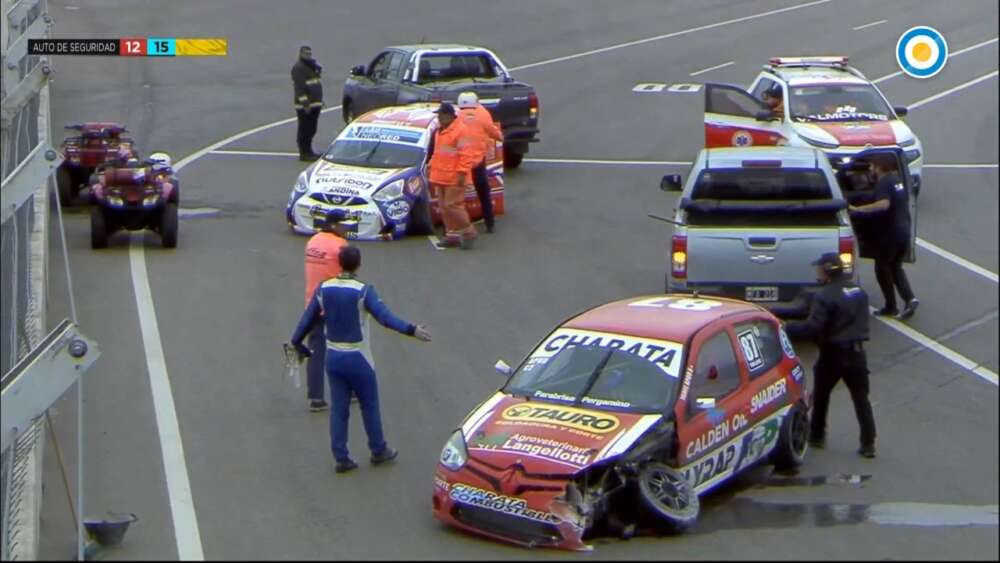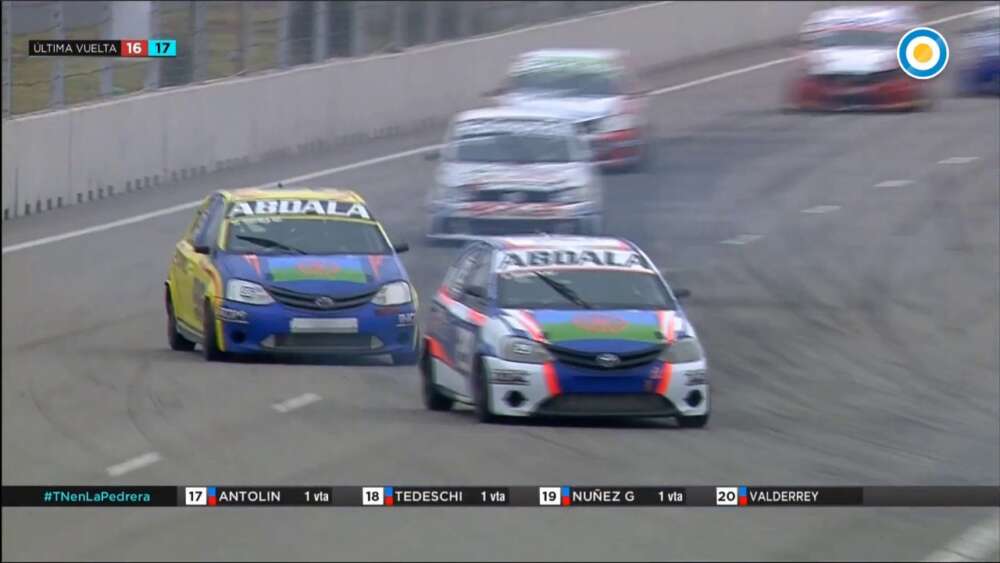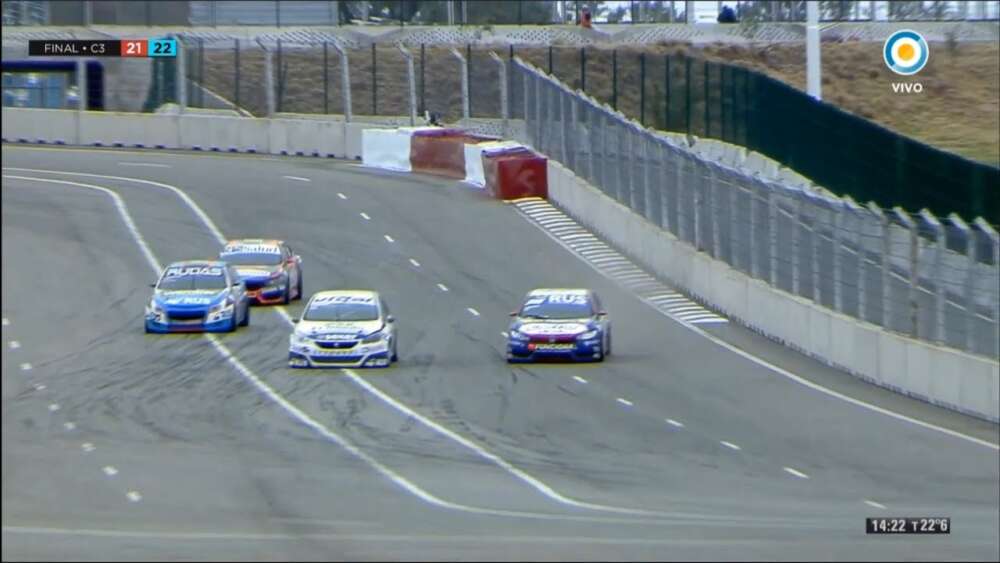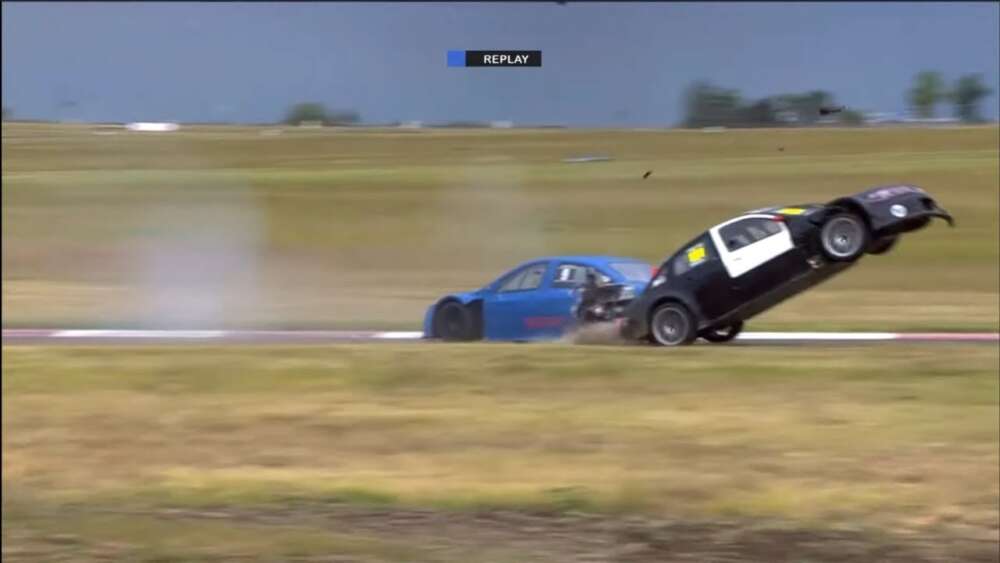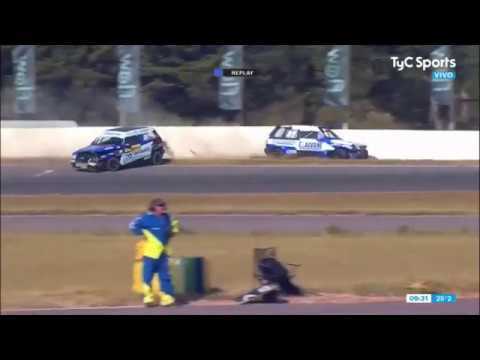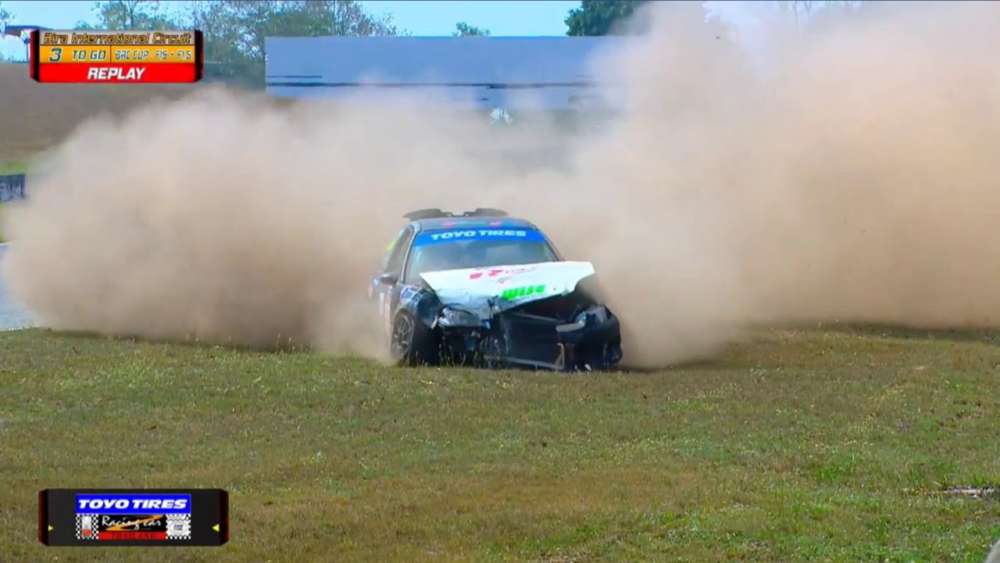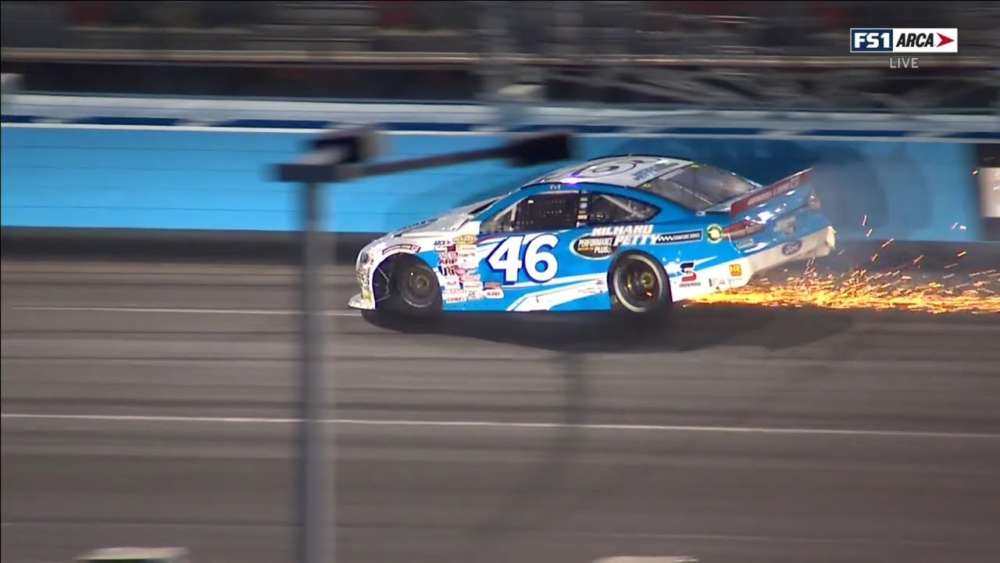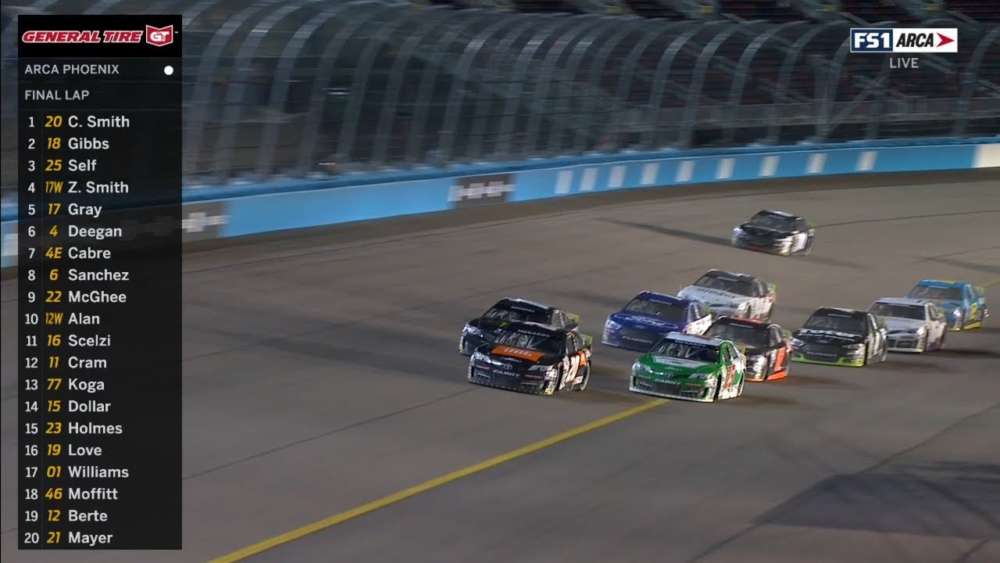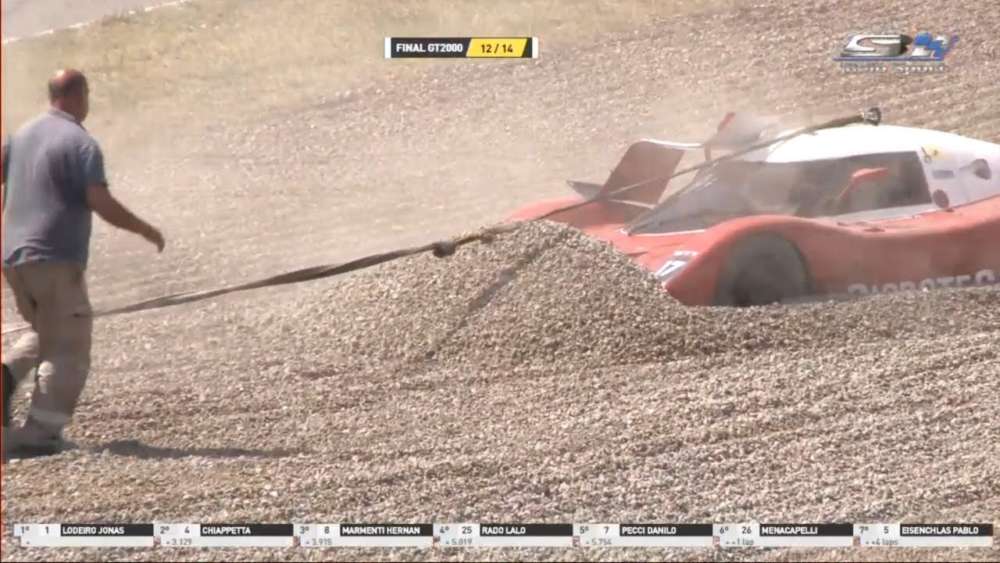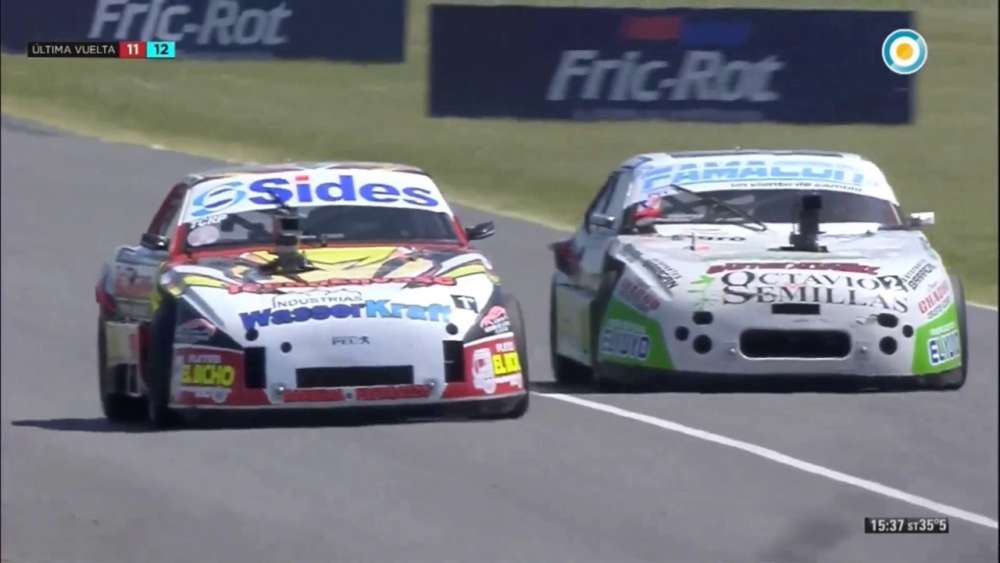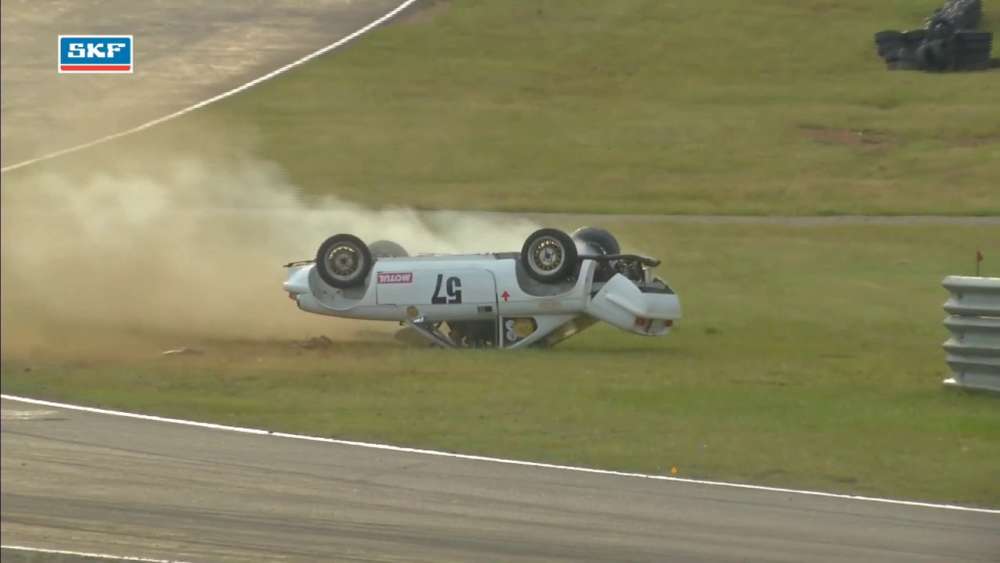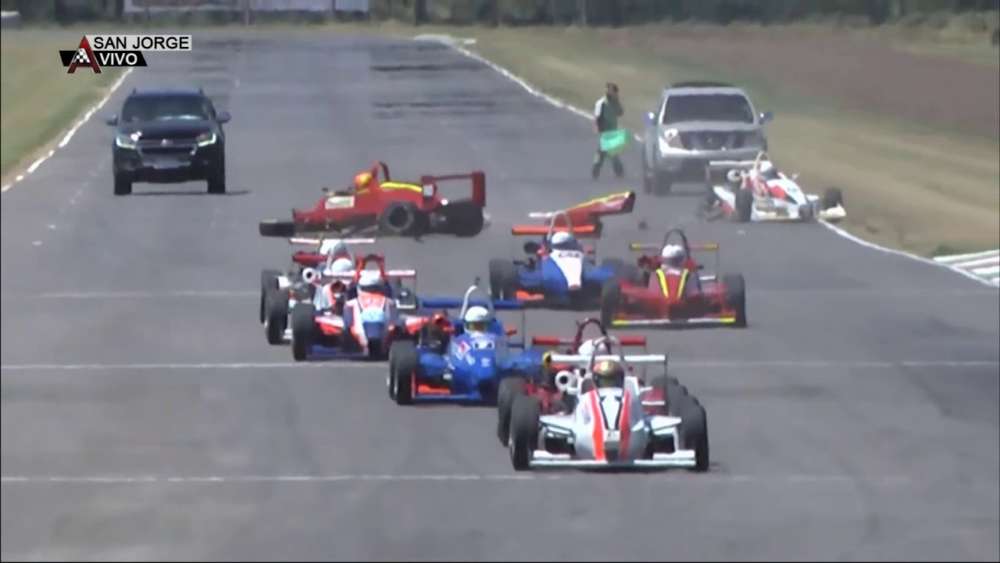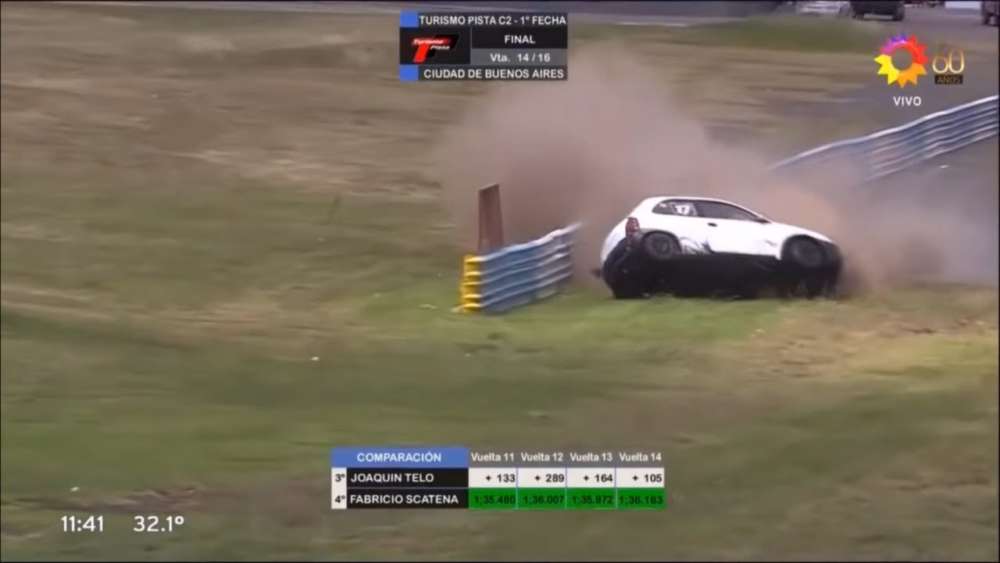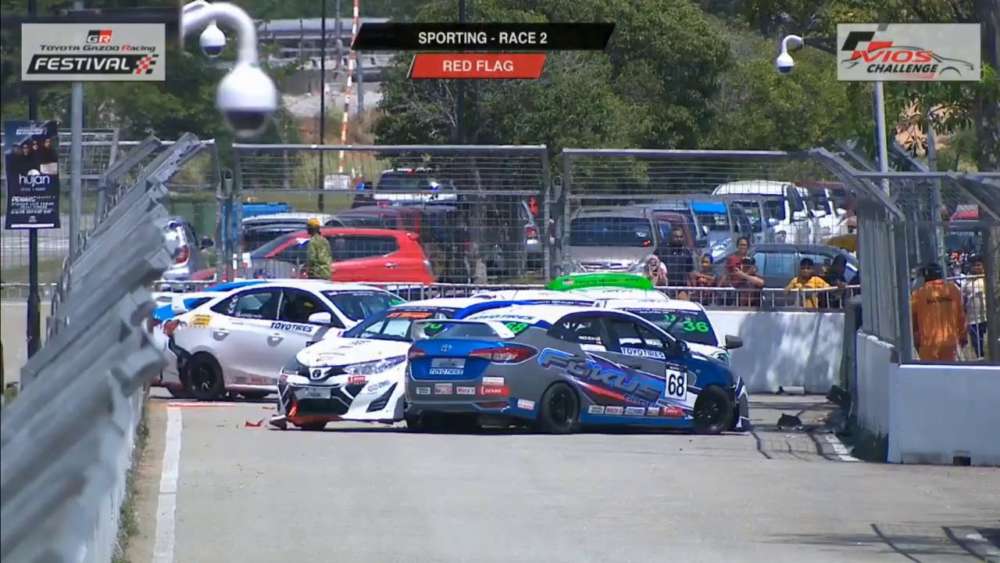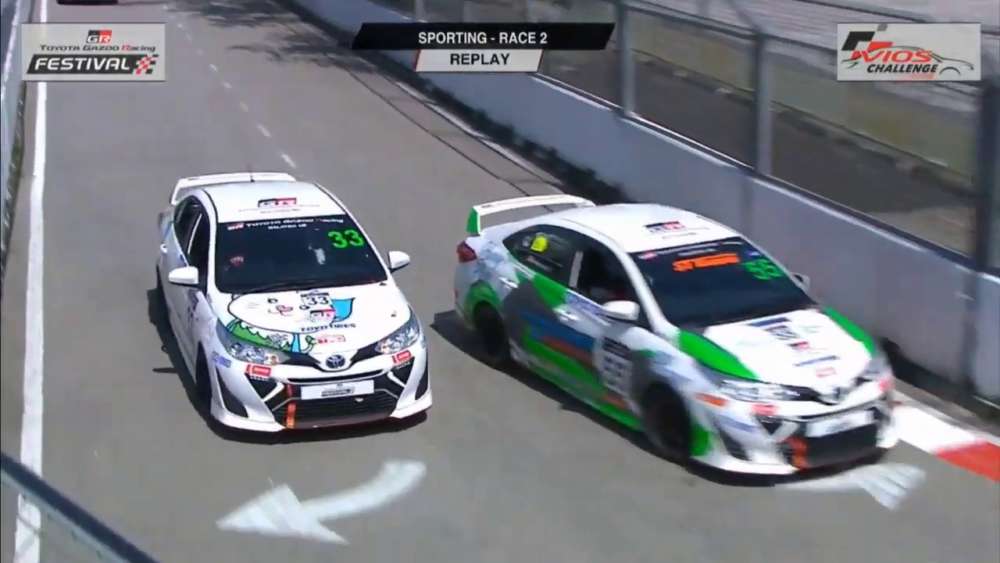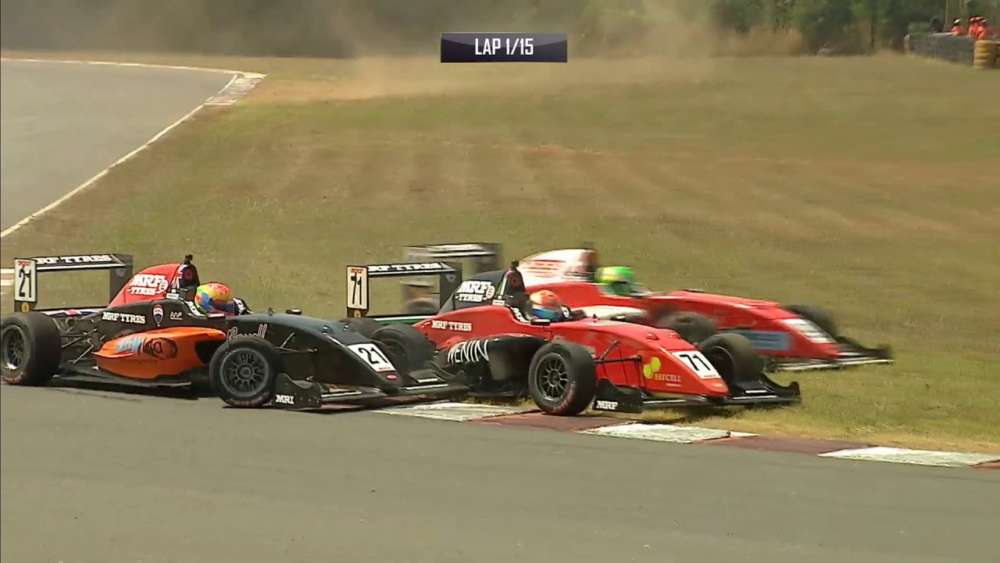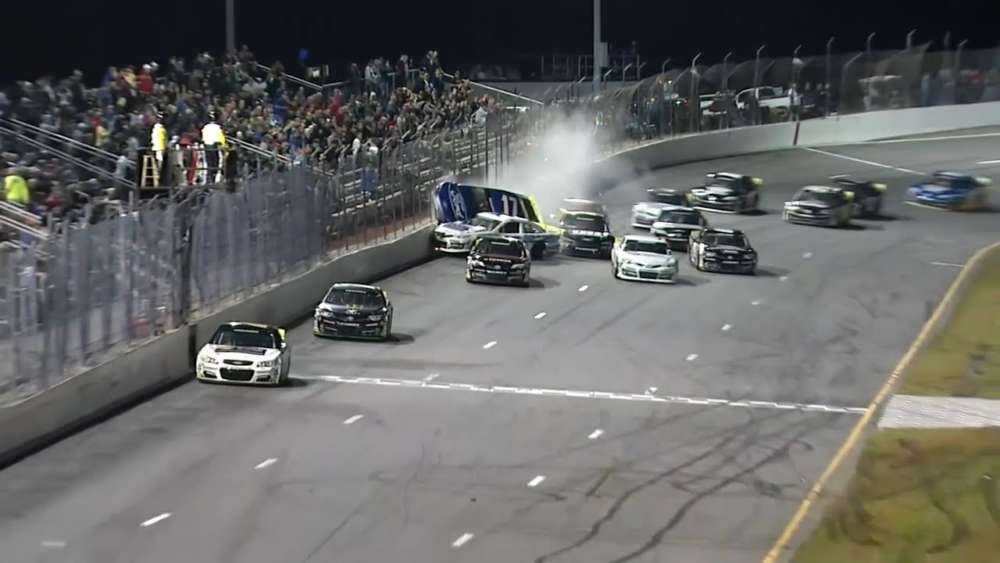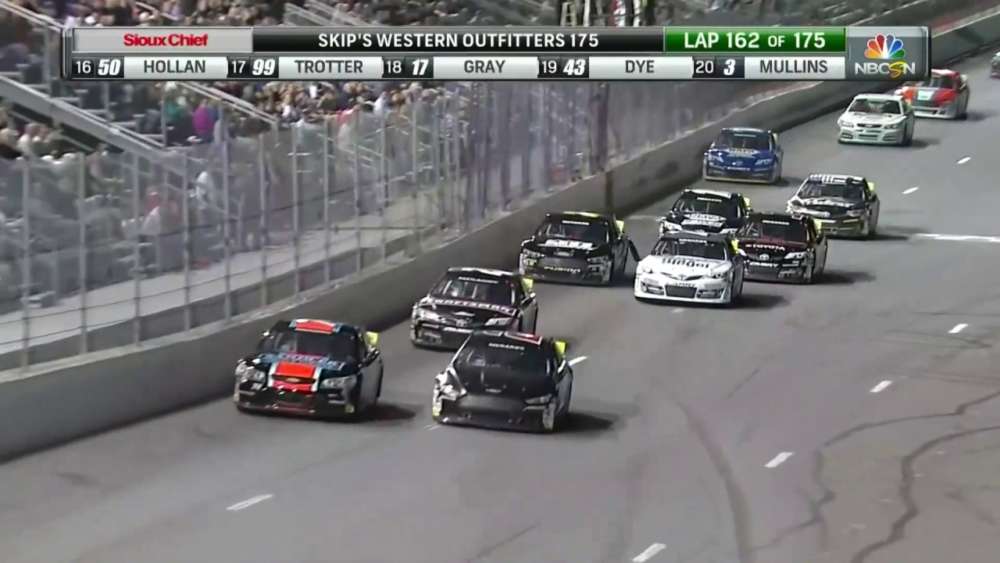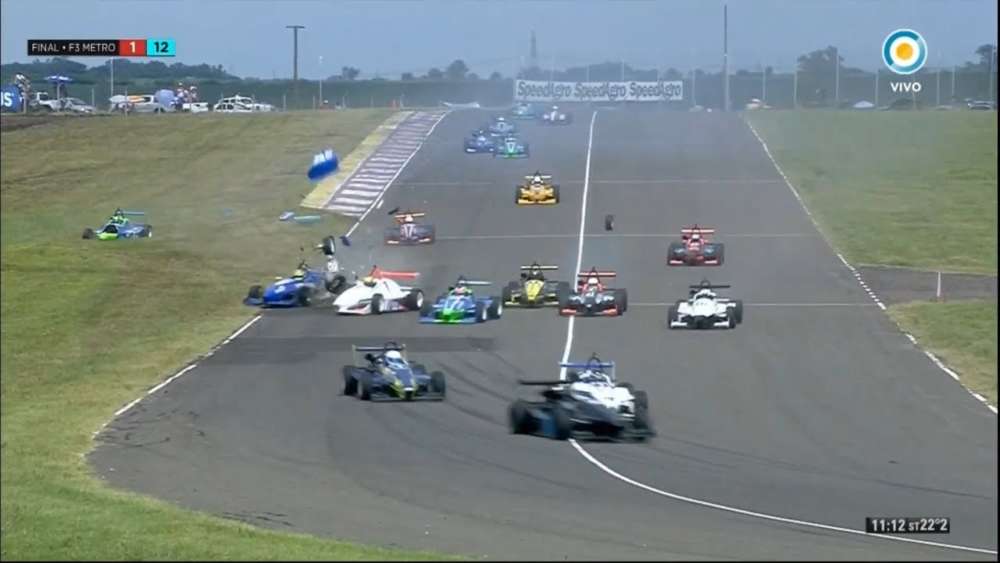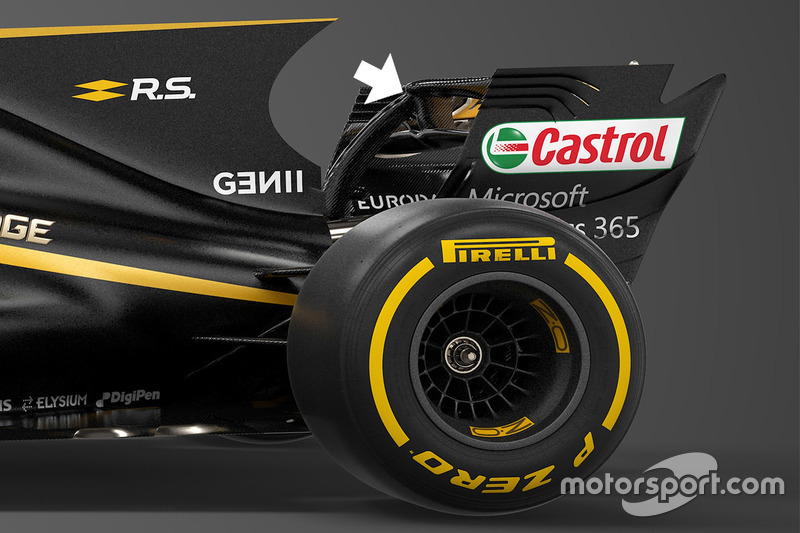
Renault is to make changes to its rear wing design before the start of the Formula 1 season, after the FIA advised it that the concept of its support pillar could be in breach of the rules.
The team’s new RS17 was launched in London last week and almost immediately rival outfits queried the design of its support pillar.
The issue revolved around the pillar support which, rather than being attached to the main plane, instead joined the wing at the DRS actuator pod.
Renault Sport F1 Team RS17 detail
The issue revolves around Article 3.9.6 of F1’s Technical Regulations, which states that the support must be extended until it meets the area of the regulations that is related to the area of the rear wing main plane – which is defined in Article 3.9.1.
Teams have, for aerodynamic purposes, been moving the attachment point of the rear wing pillar further and further forward
During the previous regulations, several solutions were tried – by far the most popular method being a simple connection to the underside of the main plane used to add rigidity, such as the one in the Mercedes illustration (above left).
However, some teams, including Red Bull (above right) and Ferrari looked to improve the aerodynamic performance of the rear wing – imitating a swan-neck style support like we see in other series such as WEC.
The Renault idea went a step further, however, and attached directly to the DRS pod.
The argument was that this was allowed because there is a subsequent regulation that allows the support to be attached to ‘minimal parts solely associated with the adjustment of the [DRS].’
However, the rival teams’ view – which was backed by the FIA – was that the bulbous nature of the DRS and support pillar attachment was much larger than the ‘minimal’ parts mentioned in the regulations.
It is understood that Renault was advised to make tweaks to the design to make sure it intersects with the main plane, and work will take place to ensure the change is done before the season-opening Australian Grand Prix.
The potential advantage of the Renault design was likely related to reducing interference to the rear wing – which could have boosted the effectiveness of DRS.
However, some other rivals were not too fussed about what Renault had done as they did not consider it to deliver much of a benefit.
Source : www.motorsport.com

